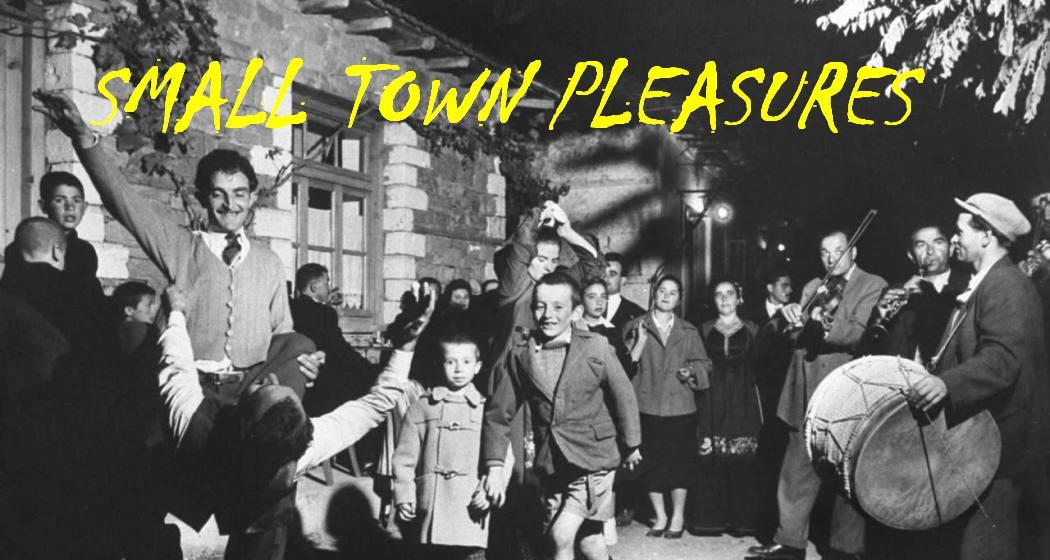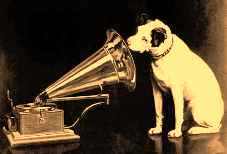


The Overlanders were originally a trio composed of Paul Arnold (piano & guitar), Lori Mason (piano & harmonica), and Peter Bartholomew (guitar), with all three doing the singing. They were part of the British folk revival of the early 1960s and some of the tracks in this collection are pure folk music, most notably the lovely "Gone the Rainbow," which blows the familiar Peter, Paul & Mary version away. The group recorded with the Pye label, with Tony Hatch, who also worked with the Searchers as well as Petula Clark (his wife), producing their records. "Movin'" and "Rainbow" were the two sides of their second 45, while their third, a cover of Chad & Jeremy's "Yesterday's Gone" was ironically the first non-original song they released and their only chart success (#75) in the U.S.
With both the guitar playing and the vocal harmonies being well above average I am at a loss ot explain why we did not hear more of the Overlanders. "Don't It Make You Feel Good" is a better song than a lot of the British Invasion songs that made it to the Top 10 on this side of the pond and "Room Enough for You and Me" is pretty good too.
.....................................................
In 1965 they evolved into a legitiamte beat group by adding Terry Widlake (bass) and David Walsh (drums) and had their big moment when the Beatles released "Rubber Soul." Lots of groups covers songs from the album (e.g., the Hollies did "If I Needed Someone"), but the Overlanders took "Michelle" to the top of the charts in the U.K. for three weeks in January 1966. The differences from the Beatles version are obvious, with the song being more of a rock song and not as light as what the Fab Four released. Some of you are going to find that you might actually like this cover a bit better than the original. The B side of the single, "Cradle of Love," is more representative of the group's sound, and reaffirms that the Overlanders usually had good songs on both sides of their 45s.
After the success of "Michelle" the Overlanders returned to their folk routes doing familiar American folk songs like Woody Guthrie's "This Land" and "Pick a Pale of Cotton."
Here
............................................................
As you all can imagine...it was not me who deleted the "Georgie Fame" post (& others!)
From now on I have to be very careful in what is safe or not for sharing...
I still have dozens of albums to share with all of you & new releases still coming every 10-15 days, but unfortunately after the last...bang my choices are very very limited

















































.jpg)

